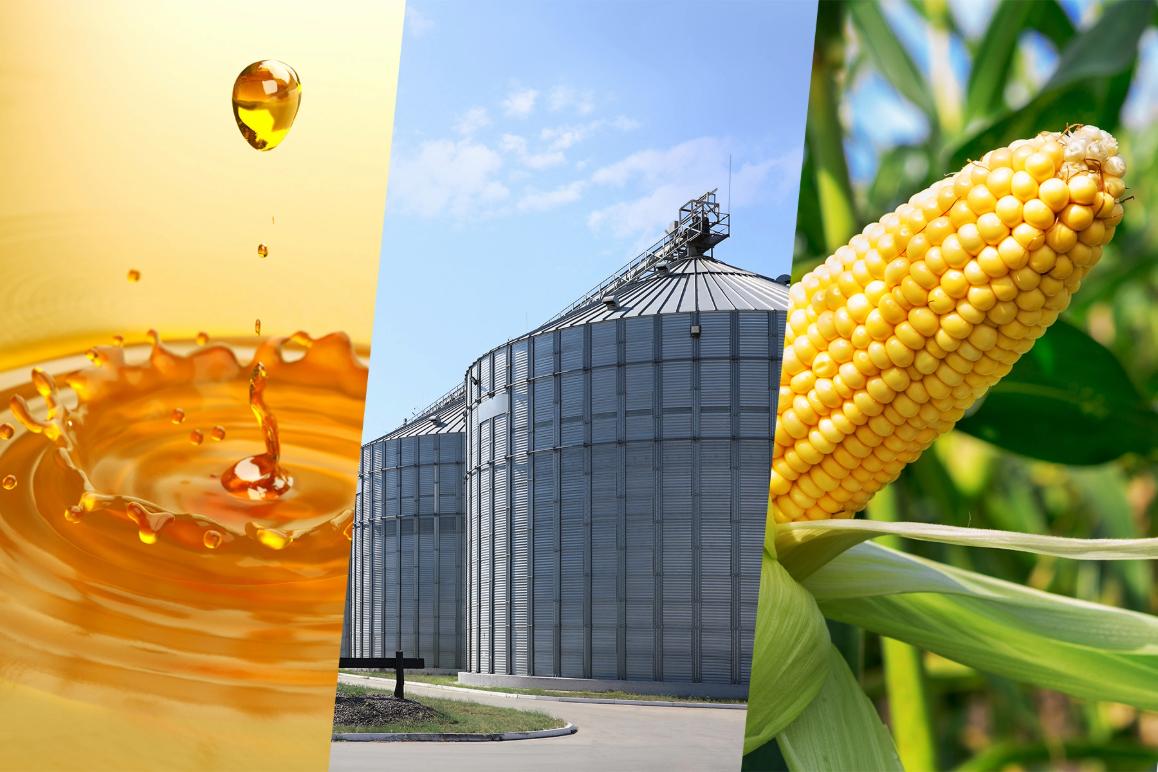TotalEnergies fully benefits from the integration with its biorefineries to access certified renewable feedstocks. Co-processed in our production assets into polymers, they allow to reduce carbon emissions without compromising on performance.
Polymers obtained through this process belong to the TotalEnergies RE:newable range.

Click on one point to discover
our plant localisation and activities
Grandpuits, France
A biorefinery at the heart of a zero-crude platform:400 kt/year biorefinery, of which 50 kt/year of renewable naphtha to produce bio-certified PE/PP/PS, to be commissioned in 2024
Rayong, Thailand
PLA plant: TotalEnergies Corbion plant of 75 kt/year, started up in 2018.
La Mède, France
France’s first world-class biorefinery: 500 kt/year, of which 50 kt/year of renewable naphtha to produce bio-certified PE/PP/PS

Wide available portfolio
TotalEnergies fully benefits from the integration with its biorefineries in France to access renewable sourcing for its polymers portfolio.
Following the start-up of the La Mède biorefinery in 2019, all TotalEnergies polymer plants in Europe have been awarded ISCC PLUS certification. This makes the full range of TotalEnergies products (PE / PP / PS) commercially available as TotalEnergies RE:newable polymers via ISCC PLUS certification.

High-standards bio feedstocks
Feedstocks from both bio and bio-circular categories are available as source for TotalEnergies RE:newable polymers:
- Bio feedstocks are raw vegetable oils, such as rapeseed or sunflower oil, but excluding palm oil.
- Bio-circular feedstocks are waste and residues of bio origin, such as used cooking oil.
100% of the oils processed at La Mède are certified sustainable by European Union standards. Feedstock sustainability is guaranteed by ISCC-type certification, which is awarded subject to compliance with sustainability and traceability criterias for oils throughout the value chain, from source to refinery. These criterias were strengthened in 2019 as part of the revision of the Renewable Energy Directive (RED2) covering transportation.
In 2016, TotalEnergies formed a joint-venture with Corbion, the world leader in lactic acid, to develop, produce and market PLA, a bioplastic that can be manufactured from sugarcane or starch.

Poly Lactic Acid
A fully biobased polymer, recyclable and biocompostable, PLA is one of the first renewable polymers able to compete with conventional polymers in terms of performance.
It is also 3 times less carbon intensive and suitable to a wide range of applications, including consumer goods, 3D printing, packaging and textiles.
In 2018, TotalEnergies Corbion successfully started its 75 kt/year PLA plant in Rayong (Thailand).
For more information, visit www.totalenergies-corbion.com.


